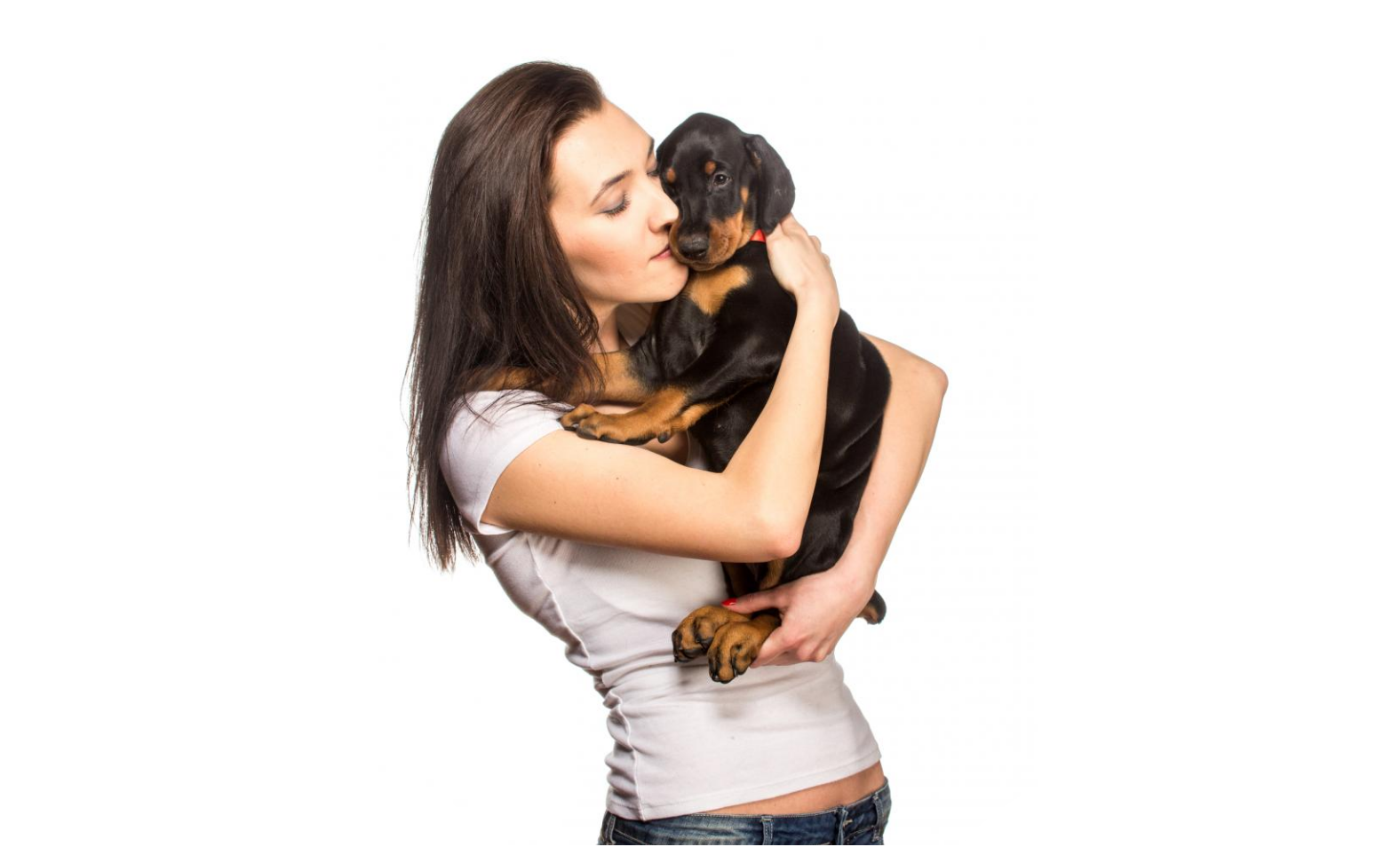In general, when looking at a medical term that ends in “itis,” you can assume that you’re looking at a time that means “inflammation of.” And in the case of Colitis, we will discuss the “inflammation of” the colon. And when we’re talking about Canine Colitis, we’re going to limit our discussion to when this “inflammation” occurs in dogs.
Now, the good news is…
If your dog has been diagnosed with canine Colitis, this “diagnosis” by itself isn’t necessarily a big deal in and of itself. But if… this inflammation is a sign or symptom of something else, then it can be a sign that your dog has a severe medical condition that must be immediately attended to.
This is why we here at IndulgeYourPet wanted to take a moment to discuss what it means when your dog is diagnosed with canine Colitis so that our readers can better understand what they will need to do to help their pet get better.
So, what is Canine Colitis?
As mentioned, it’s an inflammation of the colon or large intestine, which can happen in dogs, cats (or even humans). It is not an infection of the small intestine. So, what causes it? Well, there are a lot of things that could cause your dog to have Colitis, including but not limited to:
- Stress (this is hopefully the easiest to remedy!)
- Viral infection
- Diet issues and dog food allergies
- Pancreatitis
- Irritable bowel disease (IBD – yes, dogs get this too!)
- Eating grass or something else foreign that dogs should not be eating!
And the worst case scenario…bowel cancer. But this usually only takes place in older dogs.
Symptoms of Colitis
But first thing first – how do you know if your dog has Colitis? Your dog can’t tell you his symptoms, so you must be able to “recognize” some common symptoms first. The good news on this front is that because the “symptoms” are pretty “severe,” it’s not like they will go unnoticed by any loving pet owner. For example, common symptoms of Colitis will likely include:
- Diarrhea
- Significant bowel diarrhea (not as frequent)
- Bloody stools
- Frequently needed to go to the bathroom
- Vomiting (though only in 30% of cases)
- Unexplained weight loss (rare)
Most of the time, symptoms are how your vet will be able to diagnose Colitis in your dog. If it seems severe, an ultrasound or colonoscopy may also be administered to confirm their “hunch.”
Treatment for Colitis
Thankfully, Colitis isn’t all that serious if treated. Most dogs will recover within a matter of days. Some treatment options might be:
- Fasting from food for 1-2 days
- Hypoallergenic diet for a few days
- Low-fiber diet
- Anti-inflammatory drugs
Now, there does seem to be some evidence that probiotics can help treat ulcerative Colitis in humans, which is why some dog food companies have chosen to include some probiotics in them, so don’t be surprised if your veterinarian recommends that you change your dog’s diet after they diagnose Colitis in your pet.
However…
Probiotics alone usually won’t do the trick, so it’s best to ask your veterinarian’s advice about using this, along with some suitable old-fashioned anti-inflammatory medication. If your dog has acute Colitis, it will probably be a one-time thing that will be easy and fast to treat. However, if your dog has chronic Colitis, it could be an autoimmune problem that will take a lot of patience to find a long-term solution.
In cases like these…
Determining the “root” cause of your dog’s inflammation is the most challenging part of treating your animal. And how can that be treated/avoided? Now, it may be just a matter of finding the proper diet for your dog. Some foods will irritate some dogs, and it’s your job (along with your vet) to find a suitable diet for your pet. Or it could be that your dog is suffering from a viral infection or experiencing too much stress.
One never knows…
Until you slowly begin to rule out possible causes, which will then allow you to start “fine-tuning” your treatment options. One sure thing is that regardless of why your dog suffers from Colitis, this is not a condition you want to try to “self” treat. And by “self” treat, we mean trying to determine the cause on your own and not seeking the advice of a trained veterinarian.
Because it’s essential…
Remember that we at IndulgeYourPet are not doctors, veterinarians, or even trained medical professionals. All we are is a bunch of folks passionate about animals and only want what is best for them. And in this case, their owner must have them physically examined to determine the cause of their symptoms. Chances are the cause of your dog’s Colitis is likely simple and can be easily treated once recognized.
Which brings us to…
The last topic we want to discuss regarding canine Colitis is pet insurance. You see, here at IndulgeYourPet, because we understand just how expensive veterinarian care can become if your furry little loved one does become seriously sick or injured, we always like to recommend that your readers take a moment and see what it might cost for them to purchase a pet insurance policy on their loved one.
Now, will a pet insurance policy be “right” for everyone?
No, probably not. But until you know what these policies will and won’t cover and until you know what one might cost you, how will you determine if purchasing a pet insurance policy is “right” for you?
In our opinion…
You can’t. This is why we decided to write our Best Pet Insurance Companies article so that you can get a better idea of the pros and cons of owning such a policy and determine for yourself if getting one makes any sense for you!



